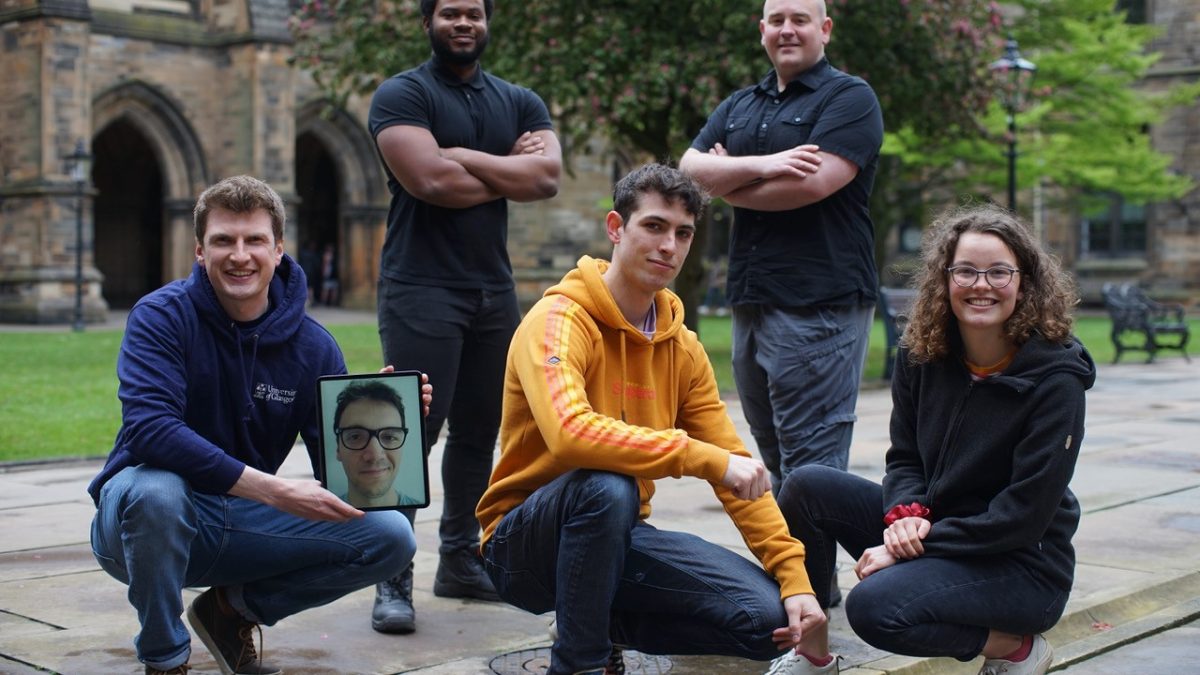A team of Scottish postgraduate students have been chosen by Amazon to compete in an artificial intelligence project to perfect the recipe for next-generation conversational assistants that perform multi-step tasks like cooking.
The computing science students at the University of Glasgow are one of just 10 teams chosen by the US tech giant from more than 125 entries across 15 countries to compete in the first ‘Alexa prize taskbot challenge’.
The team, part of the Glasgow representation and information learning lab (GRILL), is starting work on an artificial intelligence (AI) assistant to guide Amazon Alexa users through complex real-world tasks, focusing initially on cooking and home improvement.
The Glasgow unit will obtain a research grant of £176,500 to help them over the next 12 months.
They will also receive four Amazon Alexa devices, free access to Amazon Web Services, and support from members of the Amazon Alexa team.
The group is made up of five school of computing science graduate students: Sophie Fischer, Carlos Gemmell, Iain Mackie, Paul Owoicho, and Federico Rossetto.
Carlos Gemmell, who is leading the team, said: “We’re thrilled that our entry was successful and we’re excited to begin work on the Alexa Taskbot project.
“Over the next 12 months, we’ll develop novel multimodal deep learning algorithms grounded in tasks that people do in the real world. It will be capable of understanding what users require when performing a task and how to guide them through it by reasoning over past interactions, a structured representation of the task, and curated documents.”
Multimodal AI is a new AI paradigm, in which various data types (vision, text, voice, numerical data) are combined with multiple intelligence processing algorithms to achieve higher performances.
He added: “The project aims to develop new conversational question answering technology specialized for complex tasks using state-of-the-art neural deep learning models. Having access to Alexa users around the world will allow us to receive real-time feedback and help us to make it an invaluable task assistant.”
Dr. Jeff Dalton, computing science lecturer, head of GRILL and the group’s faculty advisor, will help guide the project. He is also a former Masterchef contestant, appearing on the American version of the popular cooking program in 2011.
Dr. Dalton said: “As an amateur chef myself, as well as an artificial intelligence researcher, I’m excited to work with the team as they cook up in the lab in the coming months.
“Conversational AI assistants like Alexa have come a long way in recent years, but ambitious projects like this are vital to significantly advance their abilities. The team aims to help agents understand what users are doing and how they’re doing it by grounding conversations in the world.
“Ultimately, we hope that GRILL will be able to help people solve complex tasks in the kitchen and beyond. To adapt a recipe to the unexpected dietary preferences of a dinner party guest, explain the reason for adding cornstarch to scrambled eggs and diagnose failed sourdough bread.
“Although this is an ambitious vision beyond current capability, our team will make key advances towards this goal with multi-modal and visually grounded conversation capability.”
The Alexa Prize, introduced in 2016, is an annual university competition dedicated to accelerating the field of conversational AI. It recognises students from around the globe who are changing how technology is interacted with. This year’s taskbot challenge is the first to incorporate multimodal customer experiences.
According to Amazon, succeeding in the taskbot challenge requires ‘significant advancements in state-of-the-art conversational AI’.
Throughout the next year Alexa customers’ feedback will ‘fuel improvements to collaborative human-machine agents and accelerate progress bringing the benefits of AI into the kitchen, garage and beyond.’




